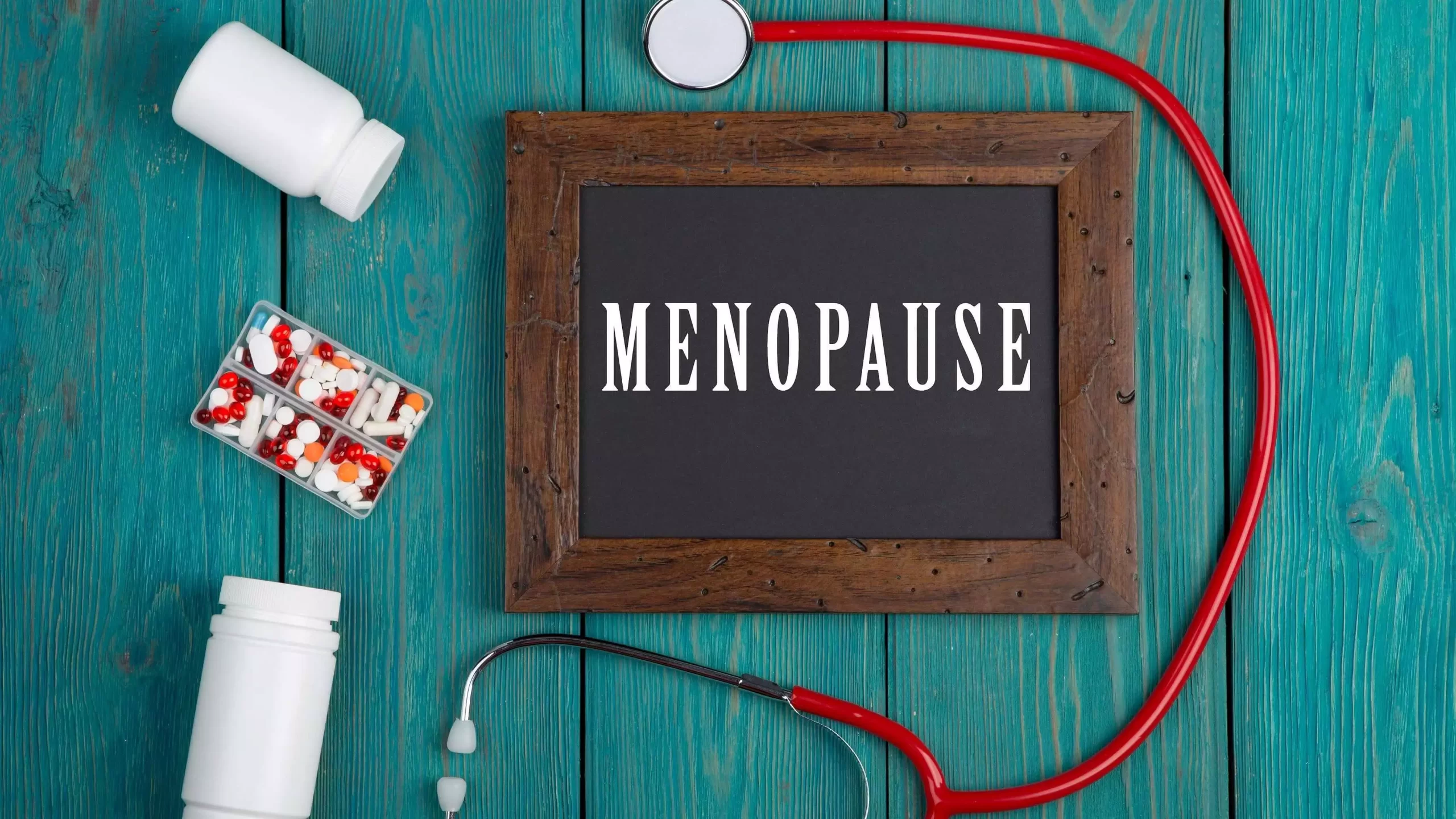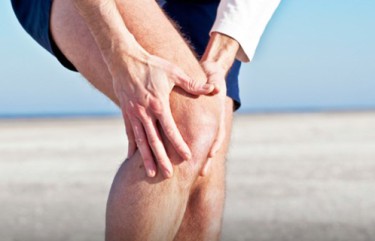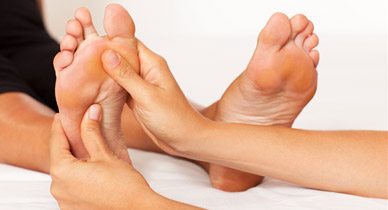7 Ways To Deal With Menopause
As any Gynecologist would tell you, every woman has a unique experience with menopause. However, the discomfort caused by these menopausal and perimenopausal symptoms can be managed with some natural and medicinal therapies.
Read on to know more about dealing with menopause:

1. Eat better
Research shows that calcium-rich and vitamin D rich foods during the perimenopause peroid improve bone health and reduces the risk of fractures and bone weakness. After menopause, bone health declines and there is high risk of fractures secondary to minor trauma like falls. For this reason, intake of vitamin D and calcium is highly recommended during the menopause.
Foods rich in vitamin D include fish, cod-liver, green leafy vegetables, collard greens, spinach, kale, beans, tofu and sardines. The other big source of vitamin D is: the sun. Getting adequate sunlight naturally fortifies the body with vitamin D. Alternatively, you can take a supplement with vitamin D, as recommended by the healthcare provider. Vitamin D intake must be accompanied by calcium consumption, some rich sources of which include: milk, yoghurt and cheese.
Along with bone fortifying foods, fruit, vegetables and healthy fats must be incorporated into the everyday diet.
2. Exercise regularly
Another downside of menopause is the risk of cardiovascular diseases as the concentration of estrogen declines in the body. Therefore, exercises like cardio which improve heart health are a must. Moreover, working out regularly improves the brain health, regulates mood and lowers anxiety. In one study, exercising three hours per week for a year improved the quality of life in menopausal women.
Exercise also keeps the weight in check, which negatively affects menopause. Women with higher body weight suffer more from menopause symptoms, and those with higher body fat around abdomen are at higher risk of diabetes and heart disease. According to research, women who lost 10 pounds or 10 percent of their body weight in a year were less likely to suffer from night sweats and hot flashes during menopause.
3. Manage the stress
Menopause symptoms are stressful, particularly due to the unpredictable hormonal levels in the body. This can be unsettling for both the women undergoing menopause, and their families. Gentle exercises, yoga and meditation help to deal with the anxiety of menopause and the subsequent stress.
4. Improve your sleep
Sleep deprivation and exhaustion due to hormonal changes, are some of the biggest challenges for perimenopausal women. Sleep hygiene can improve with regular exercise, natural supplements like melatonin, sticking to a routine and keeping the bedroom temperature on the lower side to cool down the hot flashes.
Bedtime routine for everyone, not just menopausal women, should include turning off the electronic devices like cell phones, computers and TVs at least one hour before bedtime. This is because the blue light emitting from these devices messes with the circadian rhythms of the body and the sleep cycle. Additionally, caffeine intake must be avoided at least six hours before bed time.
5. Talk to your doctor about hormone therapy
In cases with increased chances of cardiovascular diseases and osteoporosis, exogenous hormonal therapy helps to lower the risk and provide much-needed relief from the menopause symptoms like hot flashes. For urinary symptoms and vaginal dryness vaginal estrogen relieves discomfort. A full hormonal evaluation is done before prescribing these medications.
6. Take medication for the symptoms
Hormone therapy is not the answer for all women. In such cases, research shows that medication like the anticonvulsant, gabapentin, is useful in managing symptoms—like night sweats and hot flashes. In addition, antidepressants like the SSRIs can be prescribed by the Gynecologist in Lahore to deal with the low mood and anxiety.











